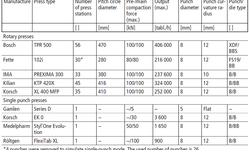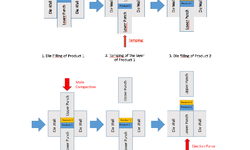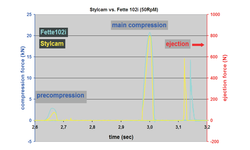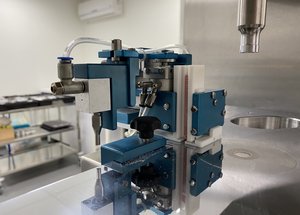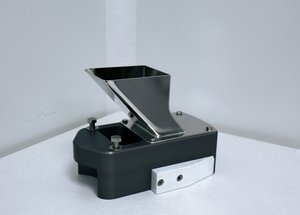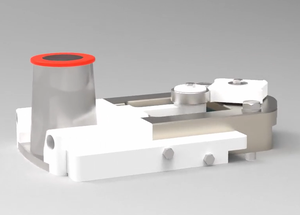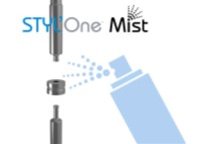- Welcome and introduction of participants
- Basics on tablets
- Development of tablet formulations
- Basics on tablet presses
- Process parameters during tableting and their monitoring
- Excipients at a glance
- Scale transfer - from compaction simulator to rotary press production
- 4 practical training sessions in groups
- Evaluation/conclusion/final discussion
Objective
Tablets are the most frequently used dosage form because, in addition to being inexpensive to produce, their advantages include precise dosing, generally good stability and shelf life, and easy ingestion by the patient. In order to realize these advantages in practice, all parameters that are crucial for the successful production of tablets must be precisely coordinated.
The aim of the course is to provide participants with in-depth basic knowledge and to work out important basic principles, both in seminars and with practical exercises. In addition to an overview of the different types of tablets, this course covers the selection of suitable excipients depending on the physicochemical properties of the active ingredient. But it‘s not just these active ingredient properties that need to be taken into account, because the selection of tablet ingredients also plays an important role in terms of high throughput and avoiding problems. The tableting process itself and the associated compression processes are therefore also focus areas of this course.
Finally, as part of the practical training, small groups work on modern tablet machines under experienced guidance: the tableting process is illustrated using practical examples, the choice of suitable process parameters is explained and the respective processes are monitored and explained in detail. The participants themselves have the opportunity to follow the tabletting and monitor the process via the machine software. The focus is on solving problems and optimizing throughput, which is illustrated by selecting the components of the formulation on the one hand and adjusting the settings on the tablet machine on the other.
At the end of the course, the participants will have acquired basic knowledge about tableting and will be able to independently recognize and evaluate the criteria relevant to tablet production.
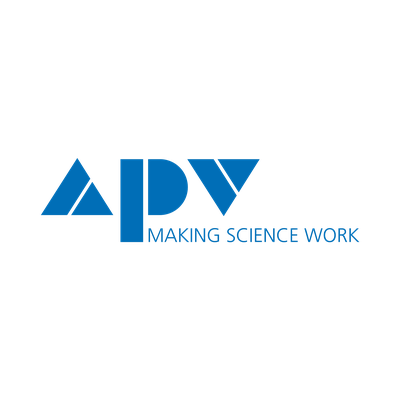
Comments
No comments posted yet.


